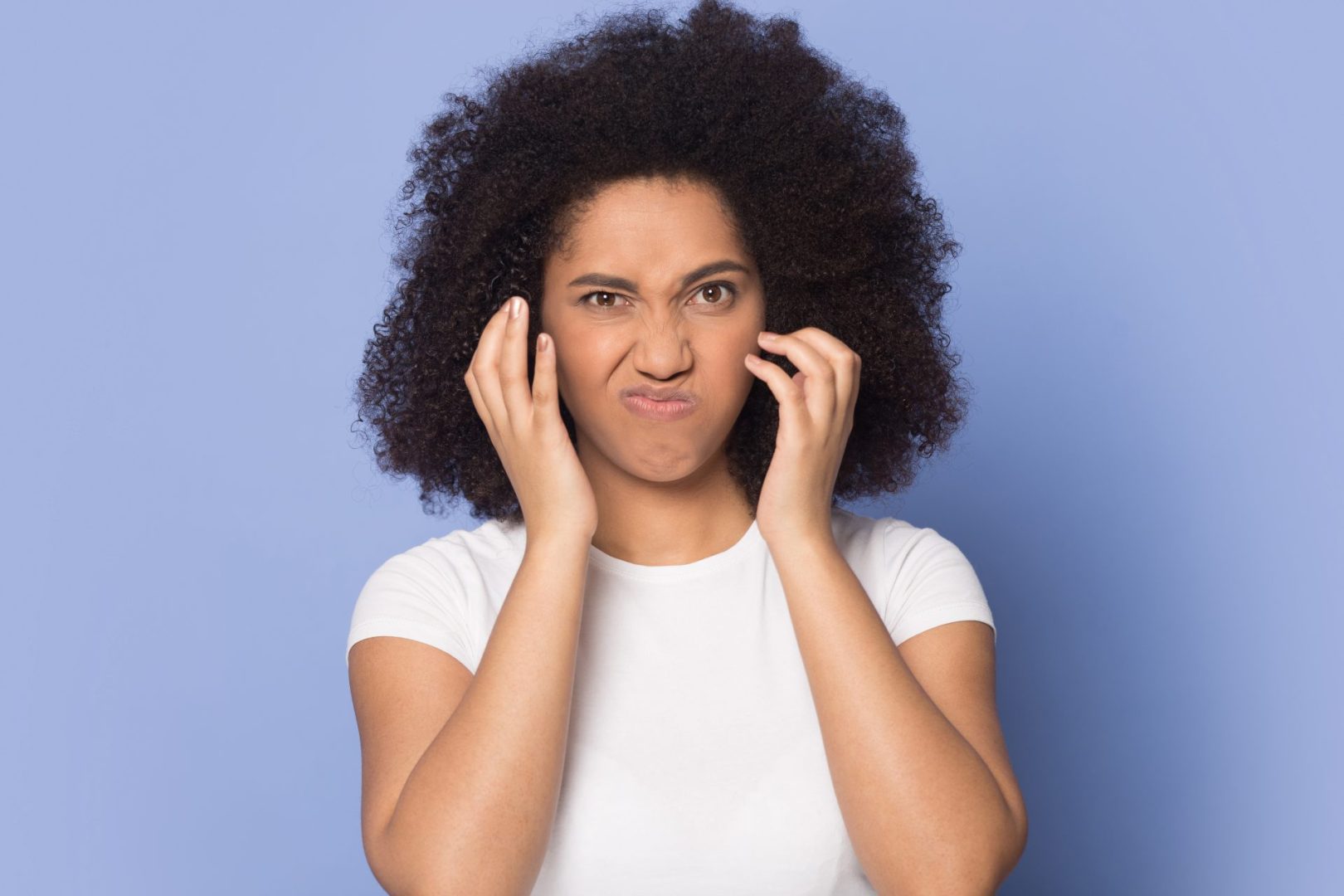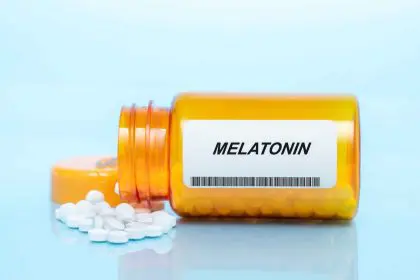That maddening itch inside your ear isn’t just annoying, it’s trying to tell you something. While you might be tempted to grab the nearest pencil or paperclip to scratch that unreachable spot, we’re here to tell you why that’s a terrible idea and what you should do instead. The truth is, your ears are actually pretty complex and that itch could be your body’s way of waving a red flag.
The 8 culprits behind your irritating ear itch
- Your earbuds are causing more trouble than you think. Those sleek wireless earbuds might be perfect for your morning commute, but wearing them for hours traps moisture in your ears creating a cozy environment for bacteria. Plus, they can introduce all sorts of allergens directly into your ear canal.
- You’re actually over-cleaning your ears. Surprise, your ears are self-cleaning organs. Every time you jam a cotton swab in there, you’re stripping away protective oils that keep your ear canal healthy. This creates a vicious cycle of dryness and itching that makes you want to clean them even more.
- Those seasonal allergies aren’t just affecting your nose. Your ear canals have skin that can react to allergens just like the rest of your body. When pollen counts are high, your ears might start itching along with your eyes and nose.
- You might have a sneaky skin condition. Conditions like eczema don’t just show up on visible parts of your body. The skin inside your ear canal can develop these irritating conditions too, leading to persistent itching.
- There could be a fungal party happening in there. Your ear canal is warm and sometimes moist, making it the perfect environment for fungal growth. If you’re a swimmer or live in a humid climate, you’re even more susceptible.
- Your body might be going overboard with earwax production. While earwax is actually good for your ears, too much of it can irritate your ear canal. Some people naturally produce more than others and this excess can cause itching.
- Your hearing aids need some attention. If you wear hearing aids, they can collect debris and bacteria over time. Without regular cleaning, this buildup can irritate your ear canal and cause persistent itching.
- You might have a bacterial infection brewing. Sometimes that itch is an early warning sign of an infection, especially if you notice other symptoms like pain or discharge.
The right way to deal with itchy ears without making things worse
First things first, put down whatever you were about to stick in your ear. Instead, try these expert-approved solutions that won’t risk damaging your ear canal or making the problem worse. Remember, your ears are incredibly delicate and deserve gentle care.
Start with a few drops of mineral oil or specialized ear drops after your shower. This helps maintain the right moisture balance in your ear canal and can prevent that maddening itch from starting in the first place. Just make sure to use body-temperature drops to avoid making yourself dizzy.
If you’re an earbud enthusiast, it’s time to create a cleaning routine. Wipe down your earbuds daily with a slightly damp cloth and let them dry completely before using them again. Consider taking regular breaks from wearing them to let your ears breathe.
When that itch needs professional attention
While most ear itching is harmless, albeit annoying, there are times when you shouldn’t just wait it out. If you notice any of these red flags, it’s time to make an appointment with a healthcare provider:
Your ears start producing any kind of discharge, even if it’s clear The itching comes with pain or pressure You notice changes in your hearing There’s persistent ringing in your ears You feel dizzy or off-balance The skin around your ear becomes red or swollen
The truth about ears that doctors want you to know
Your ears are actually incredible at taking care of themselves. They have a sophisticated self-cleaning system that usually works perfectly until we interfere. That earwax you’re so eager to clean out? It’s actually protecting your ears from dust, debris and even harmful bacteria.
When you experience itching, it’s usually happening in the outer ear canal, not deep inside where your eardrum is located. This is actually good news because it means most causes are easily treatable with the right approach.
Prevention is your best friend
The best way to deal with itchy ears is to prevent them from starting in the first place. Keep your ears dry after swimming or showering by tilting your head to each side. Consider using swimmer’s earplugs if you spend a lot of time in the water.
Clean your earbuds and hearing aids regularly, and give your ears regular breaks from these devices. If you know you have allergies, talk to your doctor about managing them effectively to prevent ear irritation along with other symptoms.
Most importantly, resist the urge to clean inside your ears with cotton swabs or other objects. Your ears are designed to clean themselves, and interfering with this process often causes more problems than it solves.
The bottom line on itchy ears
That annoying itch in your ear is usually your body’s way of telling you something’s not quite right. While it’s tempting to stick something in there for relief, the best approach is usually gentle care and prevention. By understanding what’s causing your itchy ears and taking the right steps to address it, you can find relief without risking damage to these sensitive organs.
Remember, your ears are surprisingly good at taking care of themselves when we let them. Sometimes the best treatment is simply leaving them alone and letting their natural cleaning mechanisms do their job. If you’re ever in doubt about what’s causing your ear itch or how to treat it, don’t hesitate to consult a healthcare provider for personalized advice.












